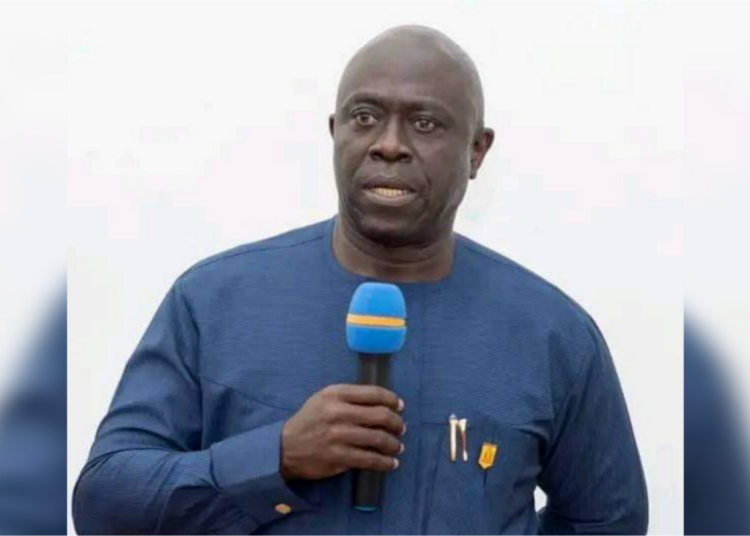The Interim Administrator of the Presidential Amnesty Programme (PAP), Maj. Gen. Barry Ndiomu (rtd), has said that the programme remains a critical tool in mitigating conflicts in the oil-rich Niger Delta region.
The PAP as initiated and signed into law by late former President Umaru Yar’Adua on June 25, 2009, was conceived as a special intervention programme of the Federal Government to disarm, demobilise and reintegrate ex-agitators who responded to calls to lay down their arms.
Ndiomu, while delivering a lecture on Friday at the National Defence College in Abuja, recalled that 13 years down the line, PAP has played a more critical role in stemming agitations, compared to the efforts of other intervention modules in the past.
In a lecture entitled, ‘Concepts of War and Theories of Peace in Conflict Management: Niger Delta Post-Amnesty Programmes in Perspective’, to mark Module 7 of the lecture series of the College, he listed corruption, inadequate funding, lack of political will and other factors, as responsible for the failure of various intervention agencies in the region.
The interim administrator of PAP, who was represented by Flight Lieutenant Terry Ajogbena (rtd), his Technical Assistant, explained that the PAP has since embarked on its “3 Prong Model” – Robust Stakeholder Engagement, Strategic & Targeted Communication, and Community Outreach, Peace Building & Reconciliation to manage conflicts in the Niger Delta.
He stated that the PAP is only a comprehensive arm of the Niger Delta Recovery Plan (NDRP), which also has the Ministry of Petroleum Resources, the Ministry of Niger Delta Affairs, the Niger Delta Development Commission (NDDC), and the Ministry of Environment.
“The PAP is essentially a capacity building programme,” he added.
While responding to questions on environmental remediation from participants at the lecture, the PAP boss hinted that the Amnesty Programme has trained ex-agitators in environmental cleaning as well as remediation and made reference to Government Ekpomoplo a.k.a Tomplo, whose Tantita Security Services Limited is executing a Pipeline Surveillance Contract for the Federal Government.
He added that the region has enjoyed relative peace, with no reports of blowing up of pipelines and an increase in crude oil production.
In a remark, Deputy Commandant of the National Defence College, Major General Lawrence Fejokwu, noted that since 1958 till date, various intervention agencies have struggled to address agitations in the region.
He recalled that when the Amnesty Programme kicked off, it was so successful that other countries facing similar challenges, came to Nigeria to understudy the programme.











